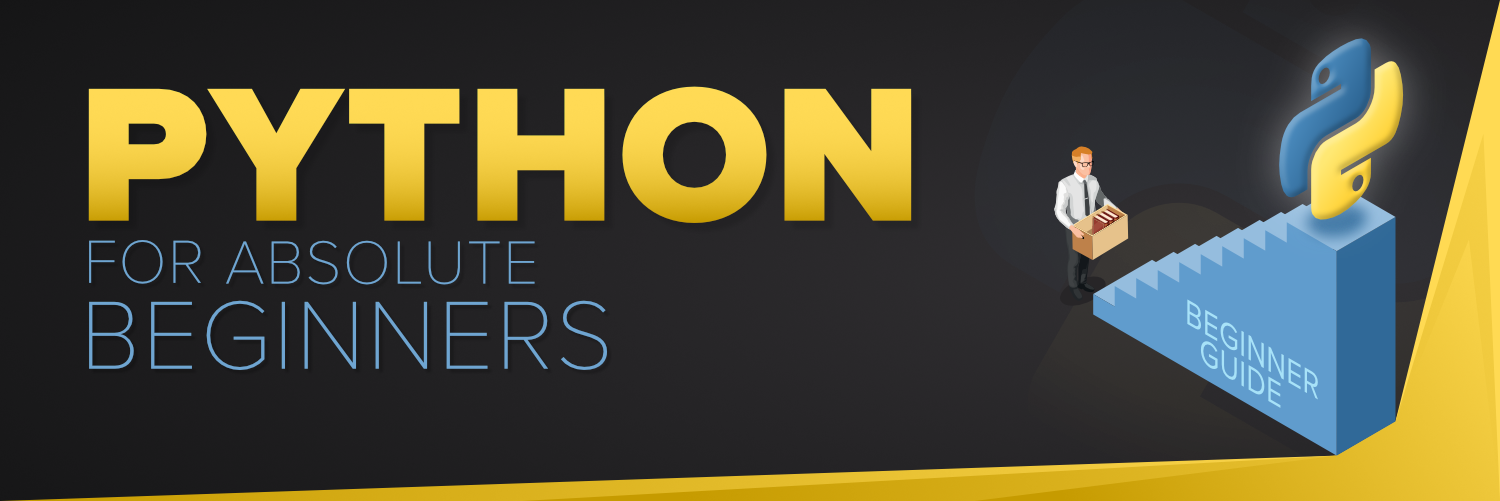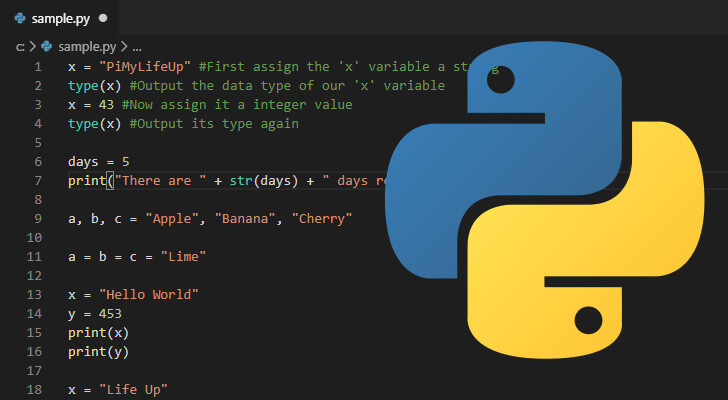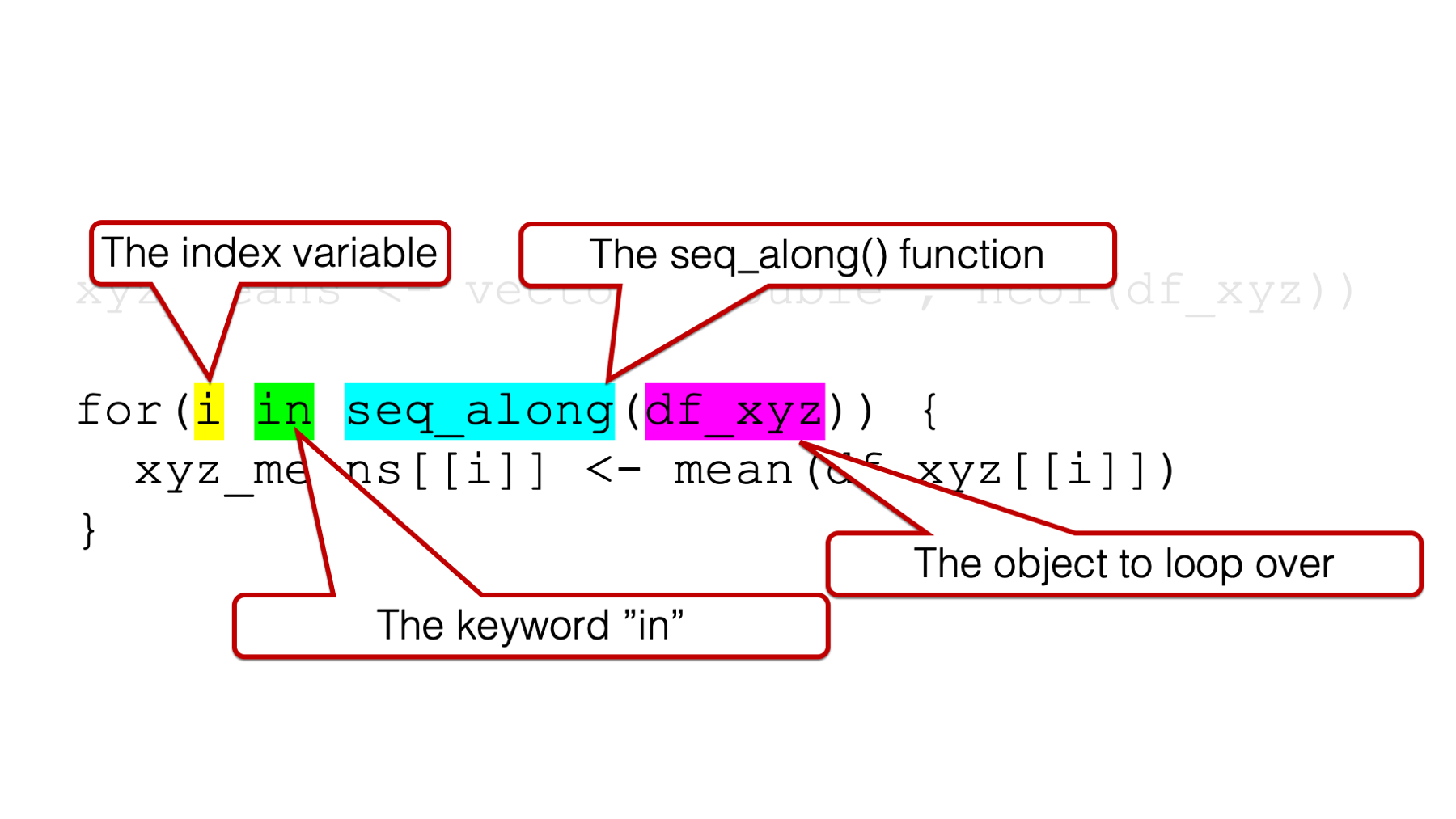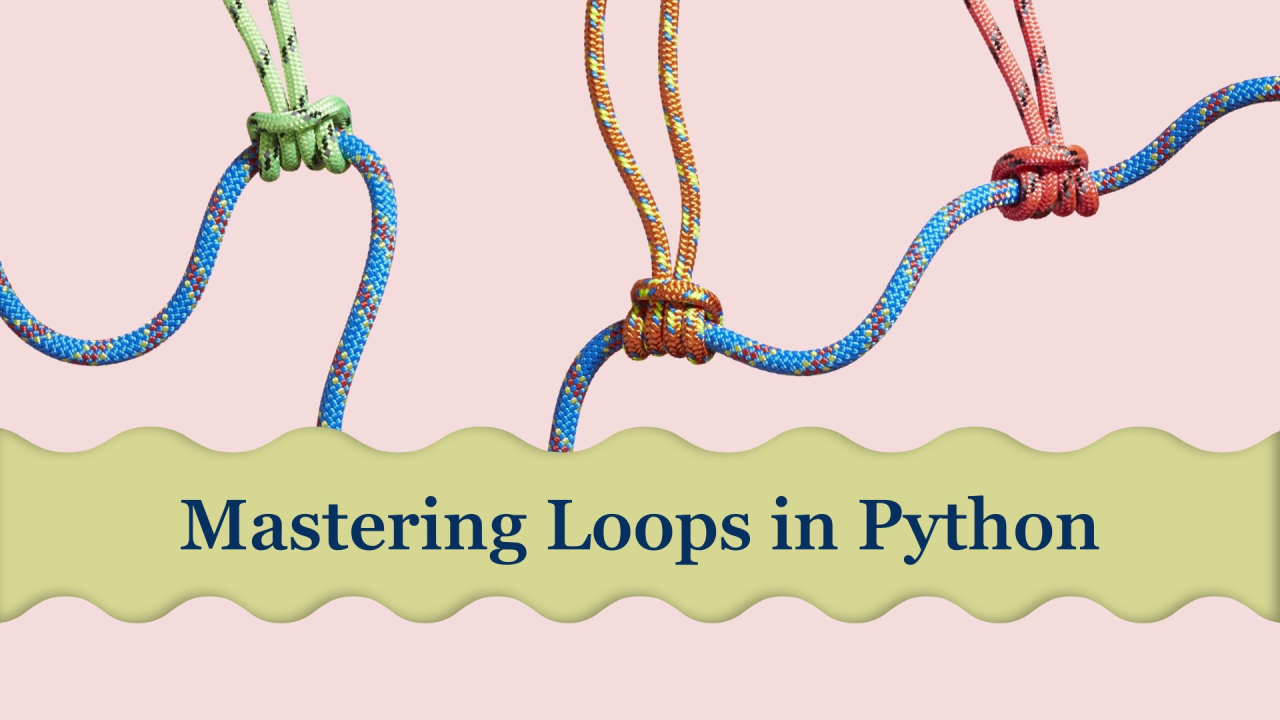Python for Absolute Beginners: Variables, Loops, and Functions
Meta Description
Python for Absolute Beginners: Learn about variables, loops, and functions in this beginner-friendly guide. Start your coding journey with Python today!
Introduction
Python for Absolute Beginners is your gateway to the exciting world of programming. Whether you’re looking to build websites, create games, or automate tasks, Python offers a beginner-friendly syntax and versatile features that make it an ideal choice for newcomers. In this guide, we’ll focus on three foundational concepts: variables, loops, and functions, to help you start your coding journey.

What Are Variables in Python?
Variables are the building blocks of any programming language. They act as containers to store data that can be used and modified throughout your program. Think of variables as labels you can assign to different types of information.

Example:
Key Points About Variables:
- Python variables are dynamically typed, meaning you don’t need to specify the type of data they hold.
- Variable names should be descriptive to make your code readable.
- Use underscores (_) to separate words in variable names (e.g.,
user_name).
Mastering Loops in Python
Loops allow you to execute a block of code repeatedly, saving time and effort. Python offers two main types of loops:
1. For Loop
Used when you need to iterate over a sequence (e.g., a list or a range).
Example:
2. While Loop
Used when you want to repeat a block of code as long as a specific condition is true.
Example:
Best Practices for Using Loops:
- Avoid infinite loops by ensuring your condition will eventually become false.
- Keep loops simple and easy to understand.
Understanding Functions in Python
Functions are reusable blocks of code designed to perform a specific task. They make your code modular and easier to maintain.

Defining a Function:
Built-In vs. User-Defined Functions:
- Built-In Functions: Functions like
print(),len(), andtype()are already available in Python. - User-Defined Functions: These are created by the programmer to perform custom tasks.
Why Use Functions?
- Reusability: Write code once and use it multiple times.
- Modularity: Break your program into smaller, manageable parts.
- Readability: Makes the program more structured and easier to debug.
Combining Variables, Loops, and Functions
By combining these concepts, you can create powerful and efficient Python programs. Let’s look at an example:

Example Program:
Why Python Is Perfect for Beginners

- Easy to Learn: Python’s syntax is straightforward and resembles plain English.
- Versatile: It can be used for web development, data science, artificial intelligence, and more.
- Large Community: Python has a vibrant community, so help is always a click away.
Tips for Beginners
- Practice regularly by solving small coding challenges.
- Read Python’s official documentation to deepen your understanding.
- Don’t hesitate to experiment with code—it’s the best way to learn!
Conclusion
Python for Absolute Beginners is an excellent starting point for aspiring programmers. Understanding variables, loops, and functions lays a strong foundation for exploring more advanced topics. Start coding today and unlock endless possibilities with Python!



